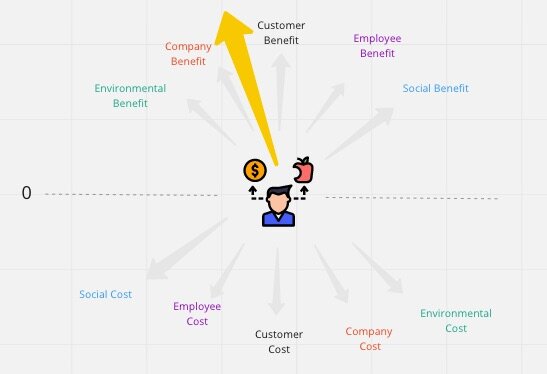The Changing Nature of Expertise
There are many apocryphal tales surrounding the value of expertise. They usually involve an expert submitting an invoice to a customer with two lines: $1 for tapping the machine with a hammer; $9,999 for knowing WHERE to tap the complicated machine. The point of these stories (sometimes referring to Henry Ford, Nikola Tesla, and other colourful personalities) lies in the value of the specialized knowledge the expert has accrued that gives them the ability to solve problems vexing less experienced technicians. Those anecdotes remain useful in a complicated world. But what happens as we shift to a more and more complex world?
These days when a company hires an ‘experienced’ person, what do they usually think they are paying for? Most often, they think they are paying for someone with enough time spent in some aspect of the company’s valuable domain to be able to predict and execute how problems can be solved. While we can argue whether this has ever really been true in some industries, I hope we can agree that with more and more complexity in our problem and solution domains, this is an unreasonable expectation of expertise. While it is true that expertise involves, among other things, the knowledge and skill to understand holistically what to pay attention to (and what to ignore) these days expertise is really about knowing how to continuously learn as quickly as possible, what to pay attention to. Experience with static, complicated systems is no longer enough. More and more that experience needs to be paired with experience in rapid learning.
In a complex system, where outcomes of interactions are generally unknowable beforehand, the value of expertise shifts to being able to continuously learn and act towards the highest-value outcomes as they emerge. Creating value within a complex system involves iterative and incremental experiments that allow learning the behaviour of the system from within. This is in stark contrast to the traditional notion that expertise is simply being able to predict what will happen (and when) through analysis outside the system. This leads to a management focus on predictability (‘say/do ratio’) as the primary performance indicator for a person or team.
Leading teams and people in a complex world involves creating a low risk environment where those people are able to learn what matters as quickly as possible and continue to learn. Sounds a lot like ‘practice’. High performing people and teams in all facets of life (music, sports, art, any craft etc) all spend time practising in low-risk conditions to hone their craft. In product development, those conditions can range from rapid prototyping, to customer testing environments, to small releases to customers, to partnering with key customers; any set of conditions where we can get valid/rapid feedback on our work without risking the company. This is at the heart of innovation; being able to test MANY ideas quickly and being able to learn and discern quickly which ones to persevere with. Traditional management, because of their misunderstanding of the changing nature of expertise in a complex context, believe they shouldn’t have to pay for practice. How are YOU creating those conditions for ‘practice’?










